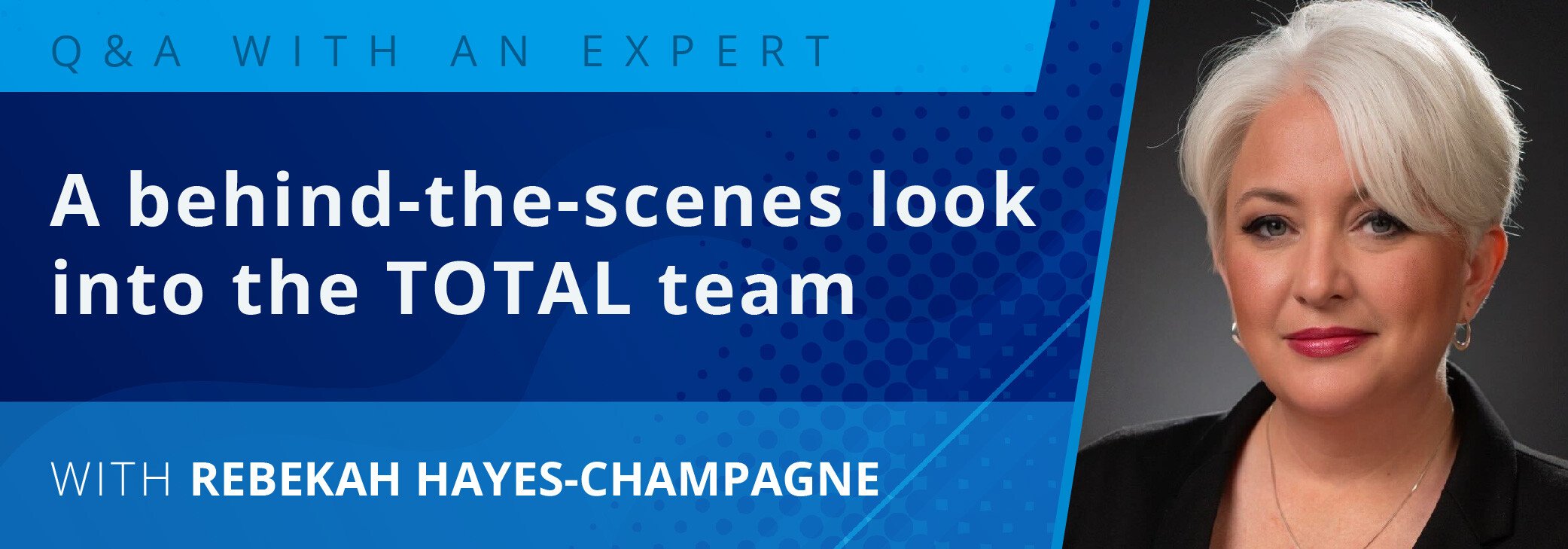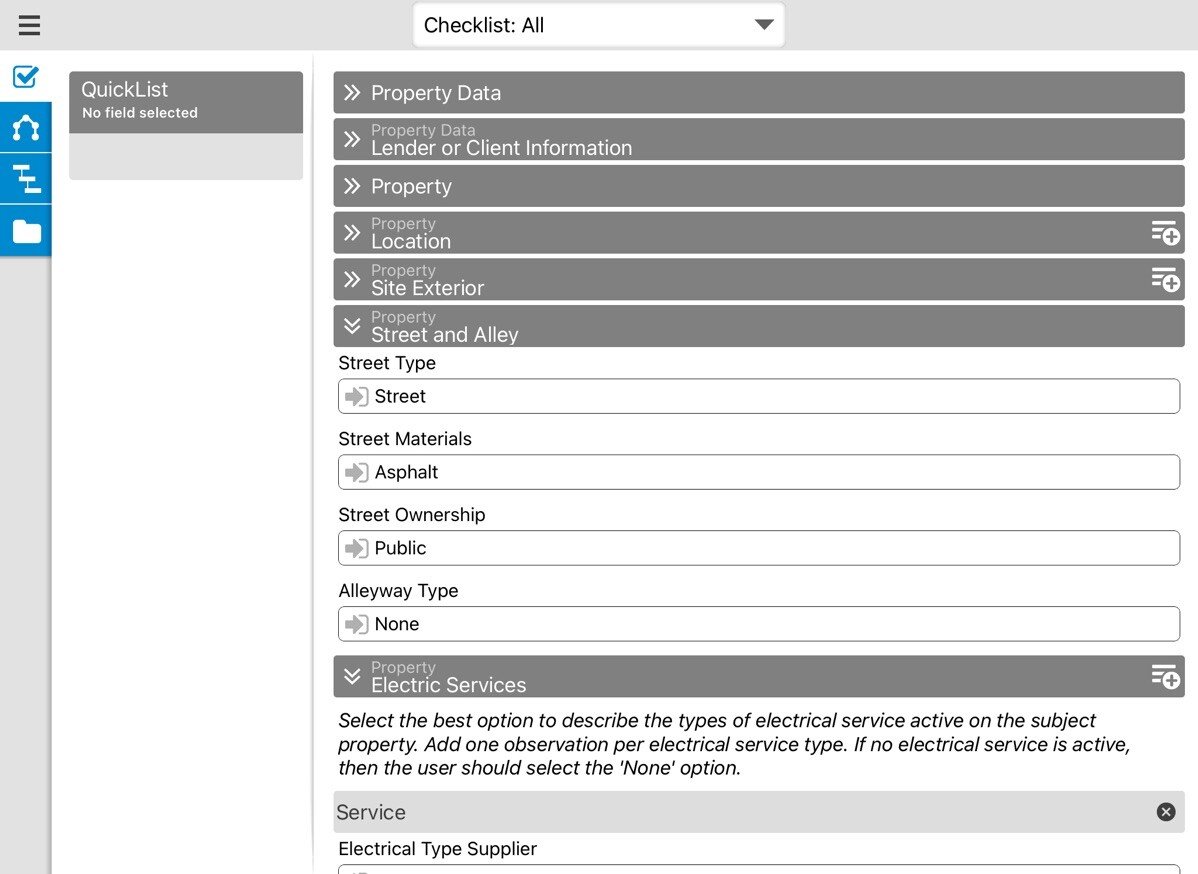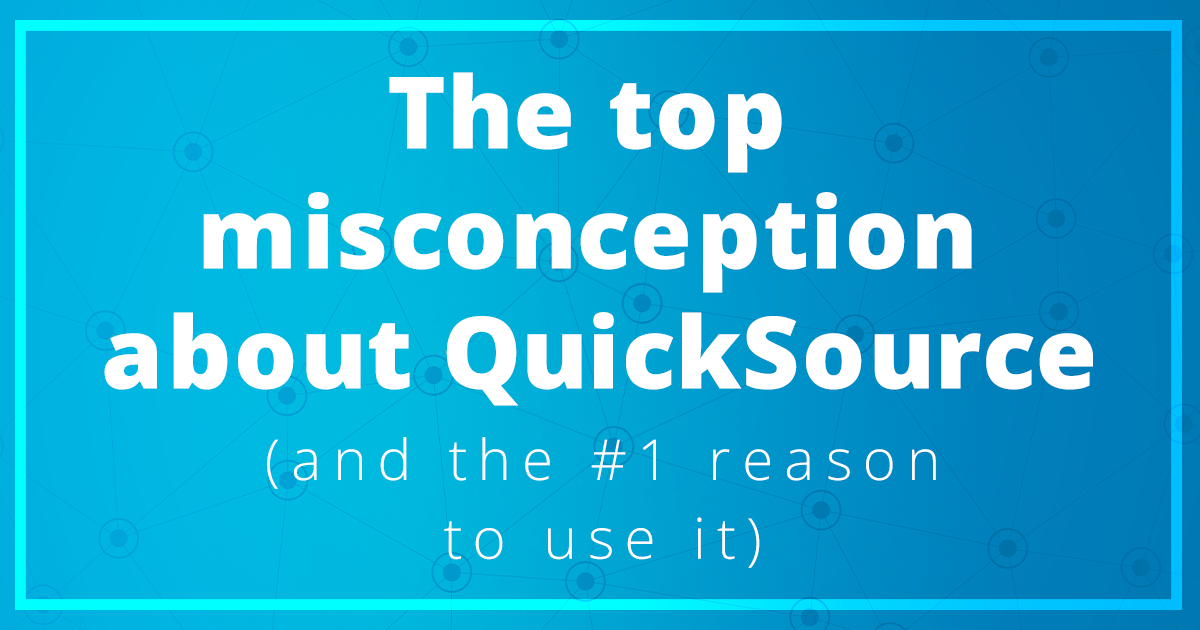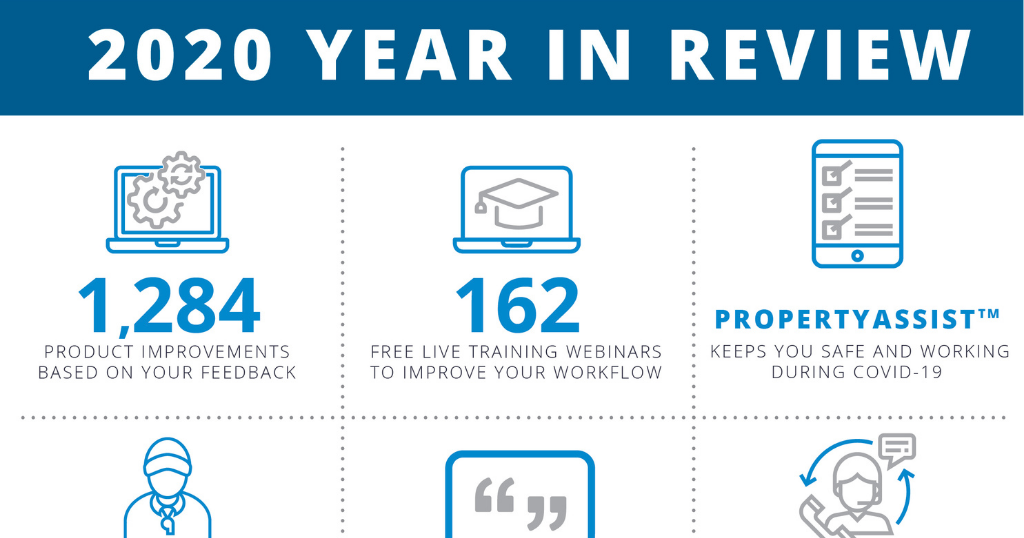New and veteran XSite owners alike are interested in getting their sites to rank high in search engine results. It’s incredibly important to understand that there is no magic set of keywords or formula that will instantly put your website in the top 10 results for your most desired search term.
This article is part of the Marketing Classroom series
Marketing 101 for appraisers, the Appraiser Classroom is a dedicated page providing appraisers with all the latest how-tos, tips and tricks, and guidance to get high-fee, non-lender work. Click here to go to the Appraiser Classroom.
Many companies, be they website providers or search engine marketing firms, either promise or strongly imply that they know the secret to getting your site ranked high every time. To put it bluntly, they don't, because there isn't one.
Where your website ranks in search results depends loosely on two things (which can be divided into a ton of different, specific factors). One is what’s on your website itself. If the search engine finds a lot of “keywords” related to a web search on your website, that’s a factor in your favor.
The very first thing you should do to optimize for search engine results when you launch your XSite is “personalize” the pre-written content to make it applicable to your local area and the services you offer. But keep in mind too that Google is searching for keywords in your page titles, meta tags, and elsewhere, too, even your .com domain name and page URLs.
In our next edition we’ll talk more about how to optimize the text on your XSite for better search results. But you can get started right away by following the steps and advice you’ll find in the Mortgage XSites Users Guide by clicking here.
The other thing search engine results depend on is links, to your site from others, but also from your site to others. I wanted to start out talking about this because the linking component to search engine optimization takes time and effort, and the sooner you start the better.
When it comes to links, search engines will consider factors like:
Do high-quality, relevant sites link to yours? One of the best investments in your web presence you can make is the effort to work out link exchanges with other professionals in your area – Realtors, mortgage brokers and loan officers, title companies, surveyors, even other appraisers. Another way to get “inbound links” is to use your XSite blog and generate a readership among people who run other real estate-related sites.
You can also write articles about local market conditions and circulate them to free e-zine article distribution sites. Most such sites require Web publishers who use your work to keep your name and hyperlink intact when they republish it. We wrote more in depth about this strategy in a previous article you can read by clicking here.
Do a lot of sites link to yours? In other words, search engines are looking for a balance between inbound link quality and quantity. Beware: There are “link farms” where your site can be linked along with thousands of others, but with no relevant context. Search engines actually discount these “farms.” Remember, quality and quantity are both important. The best way to build up a lot of links is to invest effort into getting relevant sites to link to yours as often as possible.
Are you getting a lot of relevant links, often? Search engines like sites a lot of other pages have linked to recently better than one with a lot of older links. Again, start trying to get relevant sites to link to yours now, and keep it up, and this will take care of itself.
How popular is the linking site? Relevant sites are good, high-traffic relevant sites are great.
Do people use the links to your site from other pages to get to it? Once there, how long do they spend on your site? Quality links are great; quality links that people use to get to your site are even better.
Is the “anchor text” associated with inbound links relevant to the search term? “Anchor text” is the words you click on to go to whatever site is hyperlinked. In this sentence, the “anchor text is “this sentence.” Search engines care about what the anchor text says. A link to your XSite that says Baytown Appraisal Services – your company name – is good. But a link to your XSite that says a reliable real estate appraiser in Baytown will rank higher, all other things being equal, in a search for appraisers in your area. Get it?
Is the text surrounding the link relevant? A search engine will be more impressed with your link embedded in another site’s discussion of the Murfreesboro, Tennessee real estate market than by a generic list of links to Murfreesboro service providers.
Do links on your site point to high quality, relevant pages? This means you should link to other sites your visitors would find useful. That could mean the local government and school district sites, or independent information sites about the community, other real estate service providers like real estate agents and inspectors, and so on.
It’s sometimes daunting to realize that search engine optimization takes effort. But doesn’t any kind of marketing, online or off? There’s no magic way to get people to pick up the phone and call you, either.
Time and effort spent getting your XSite linked from other relevant sites will be well spent when it comes to search engine rankings. Next time as promised we’ll talk about what you can do to your site itself to boost your results.



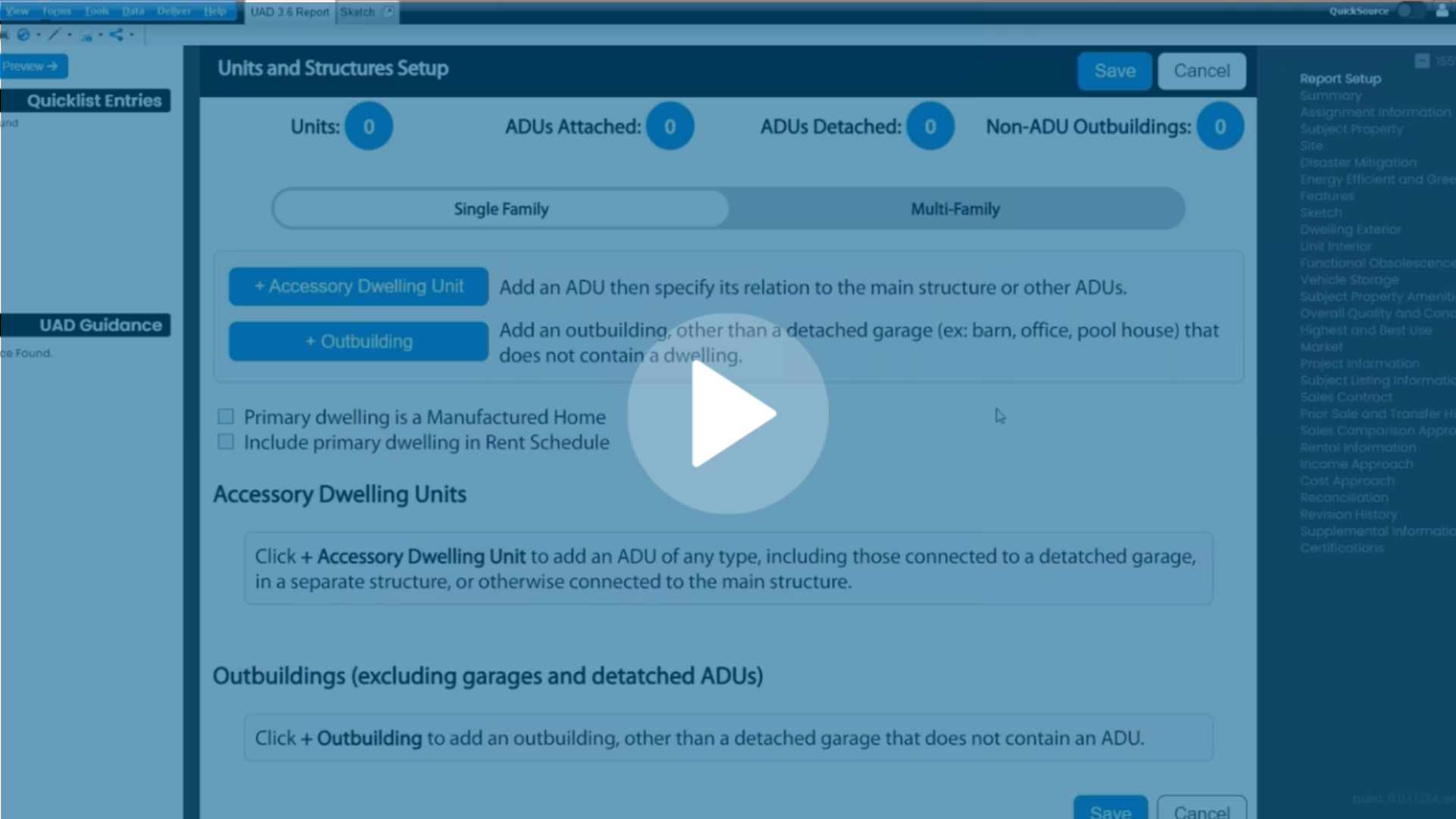
.png)
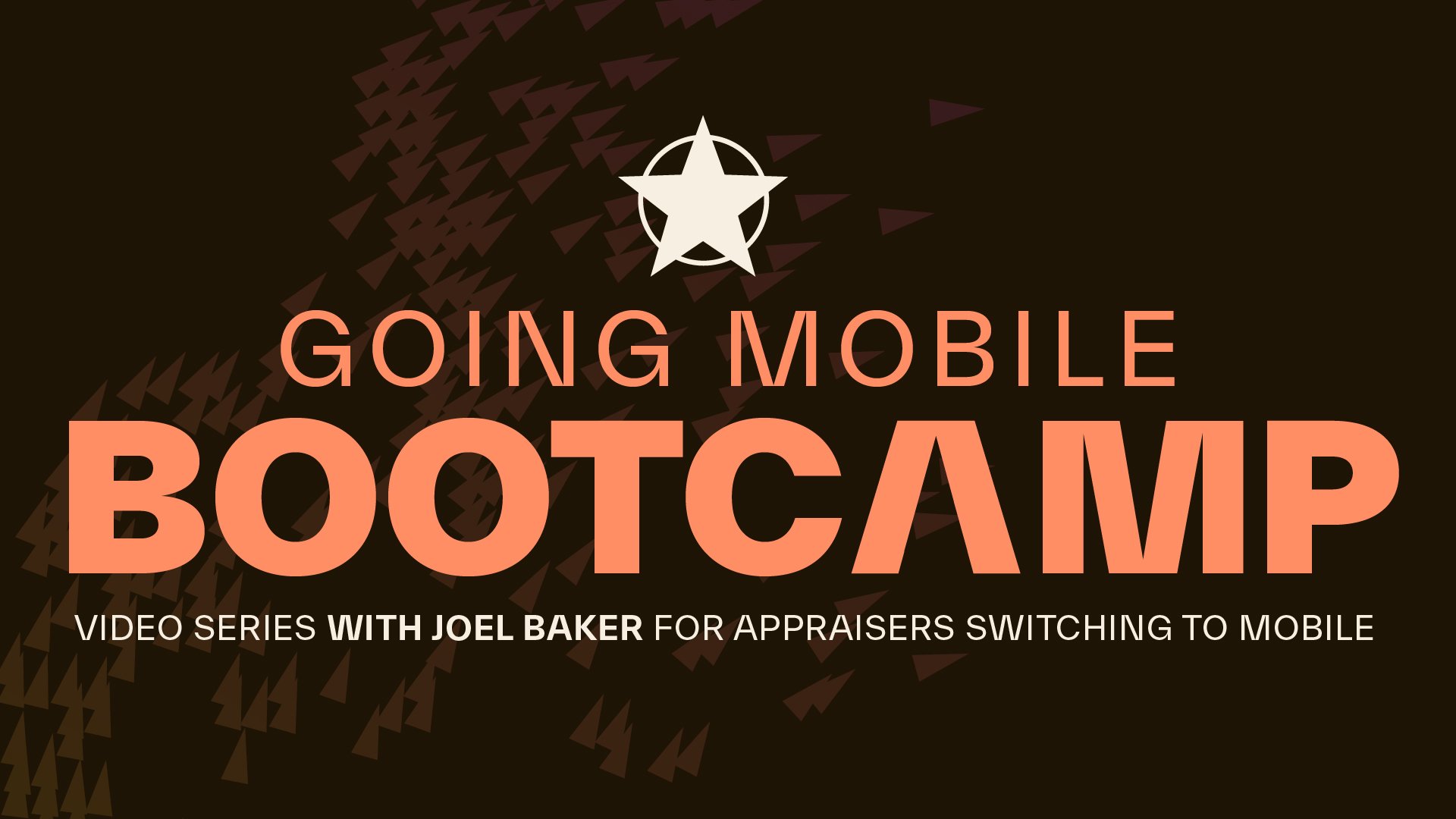
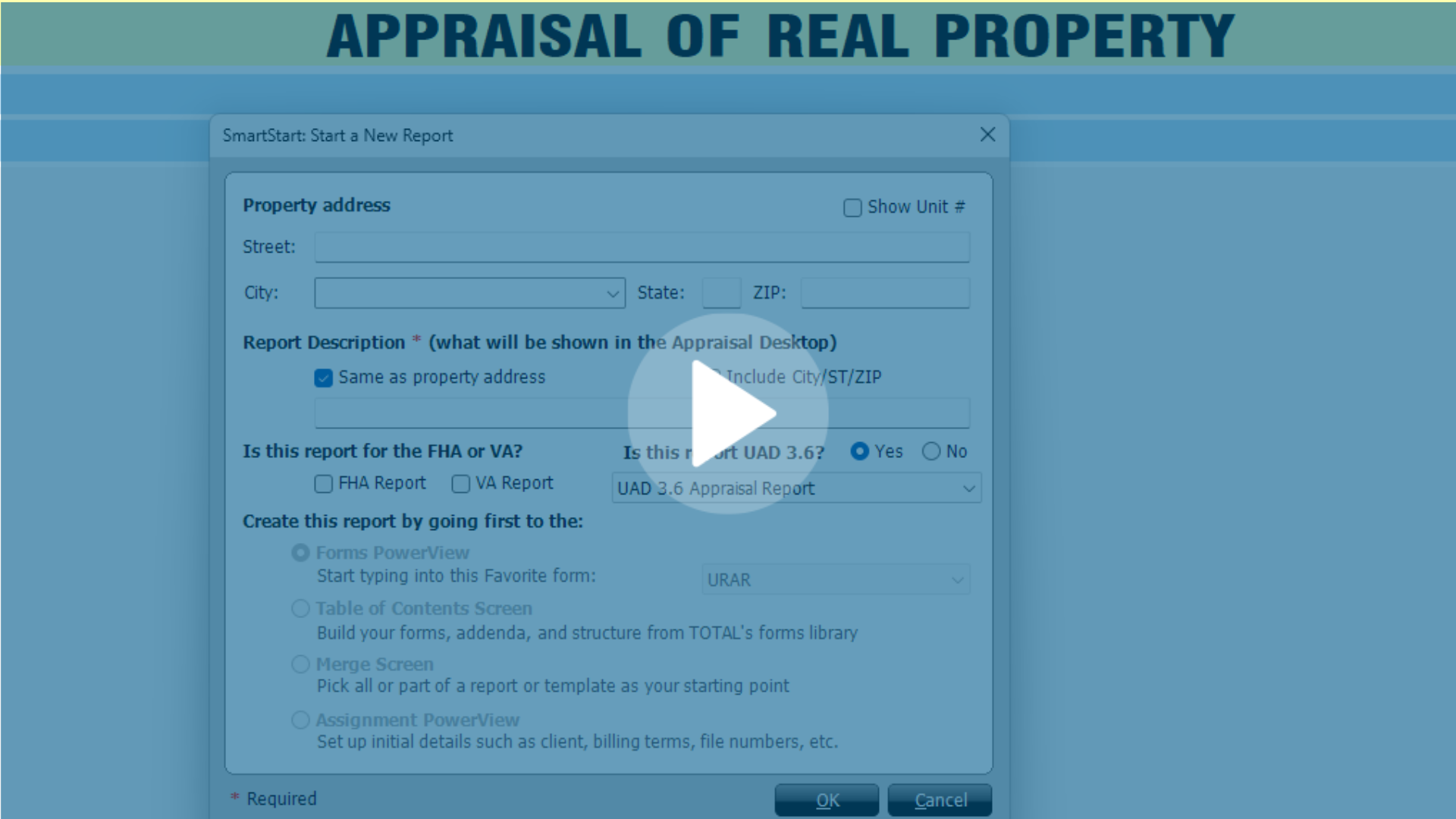


.png)
-1.png)
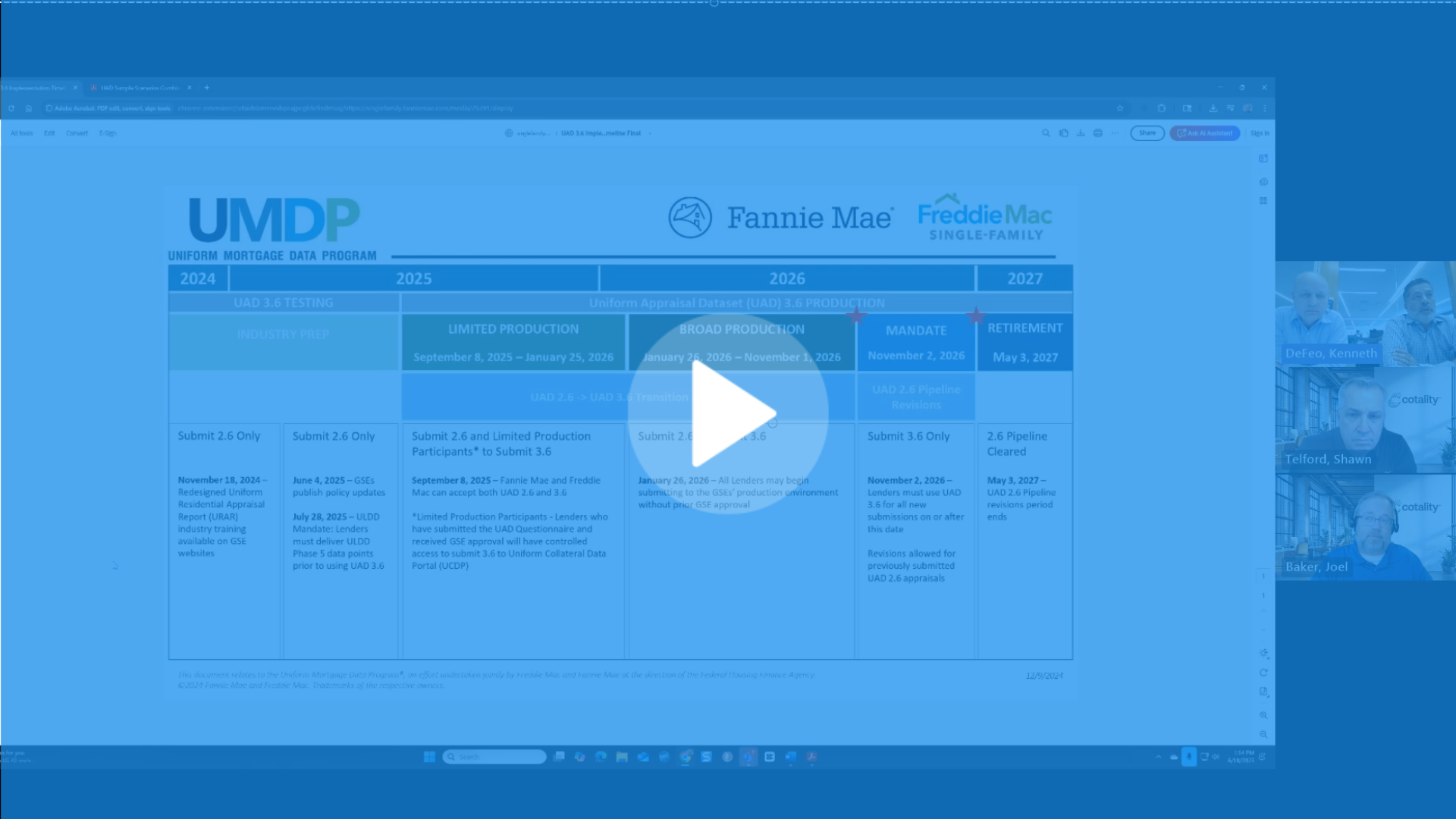
.png)
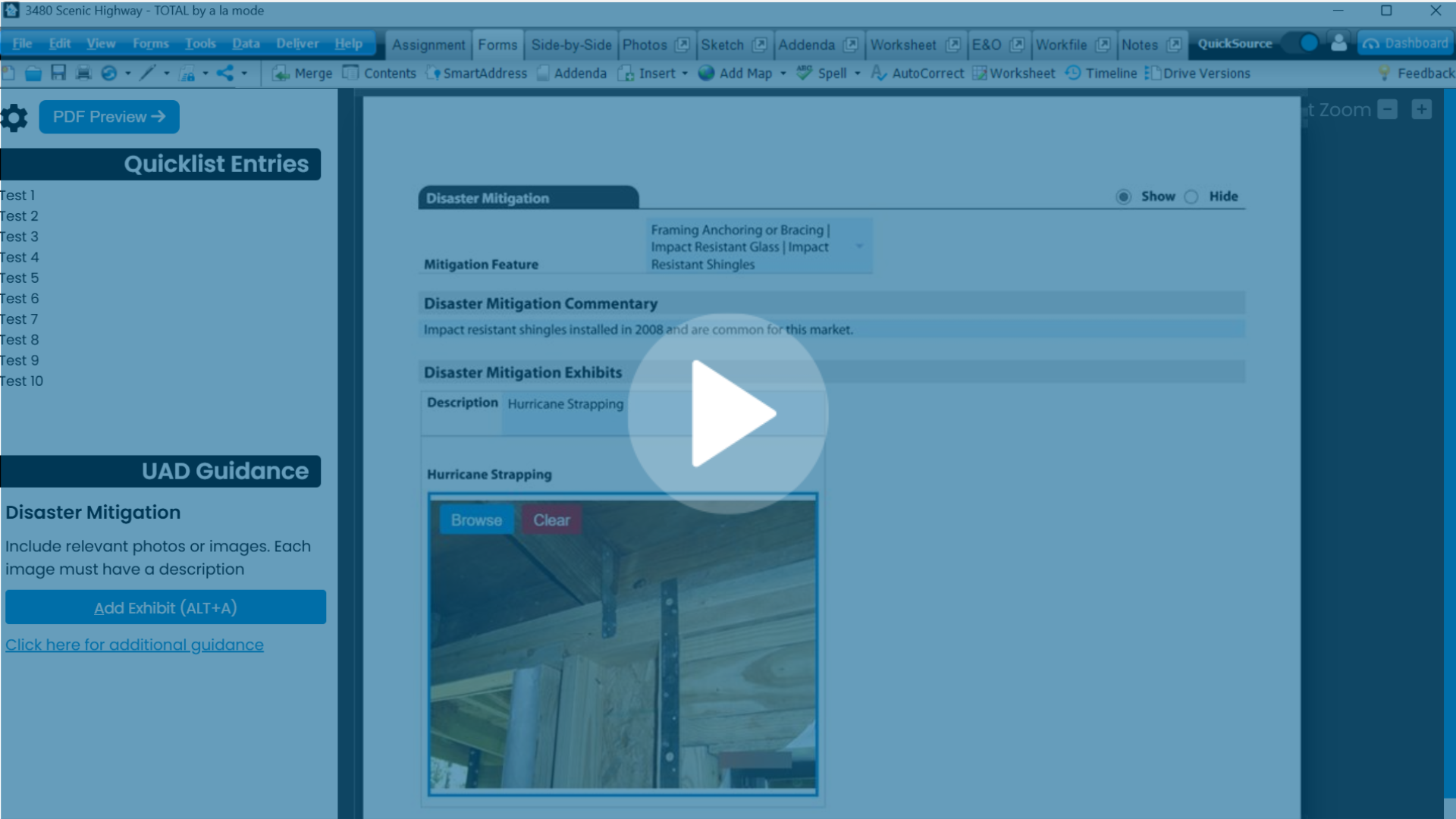
.png)
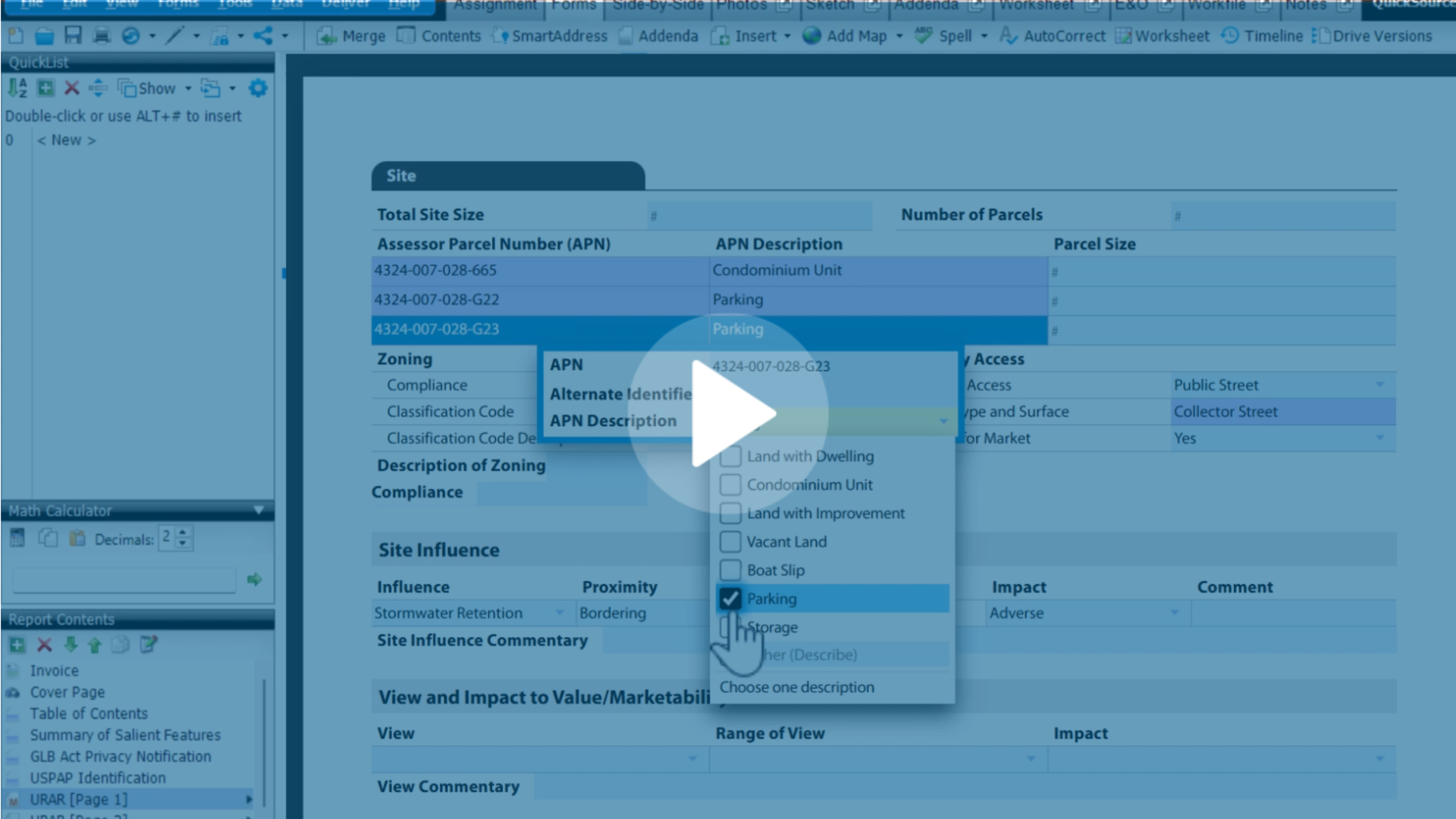
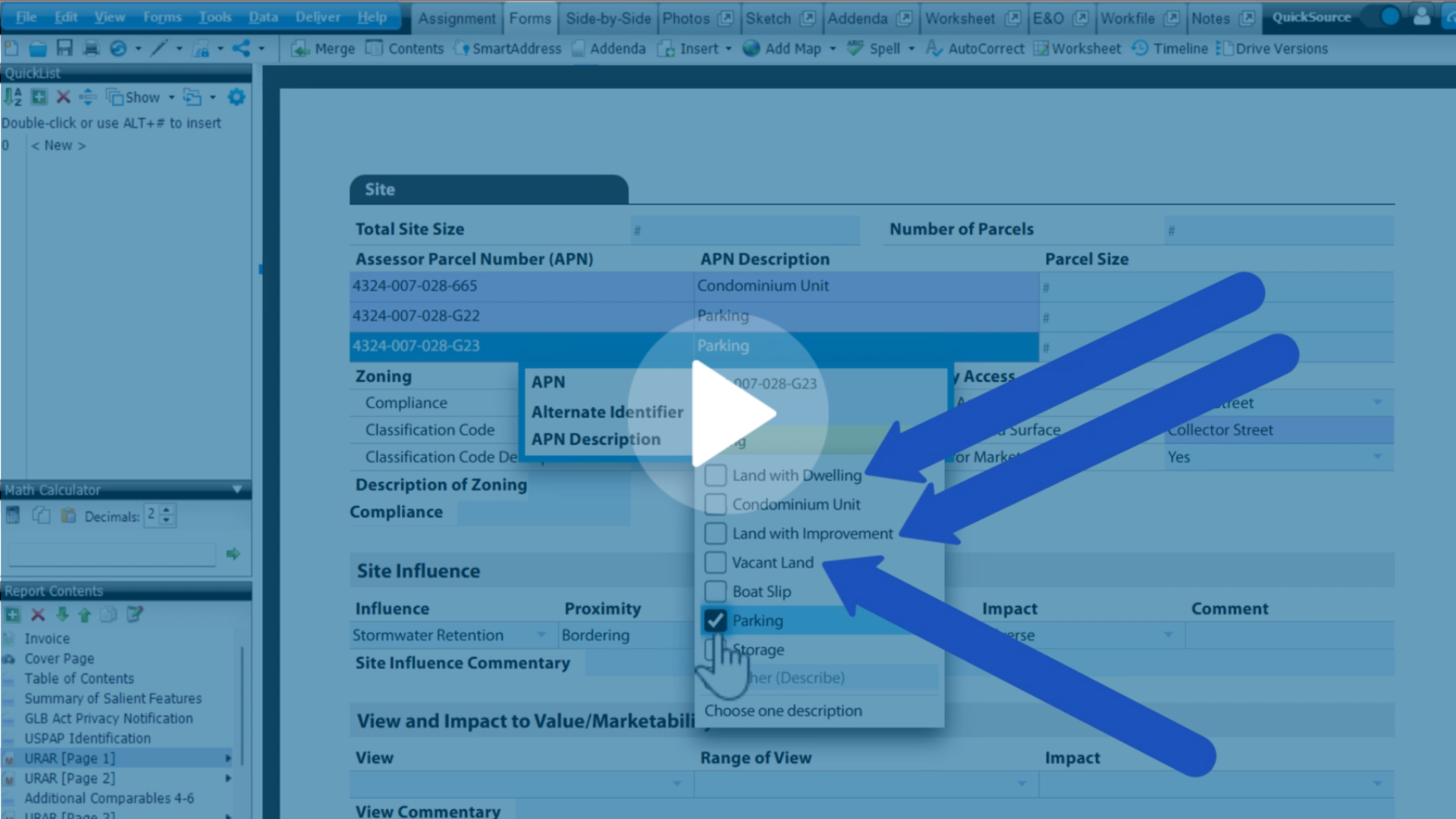
.png)
.png)
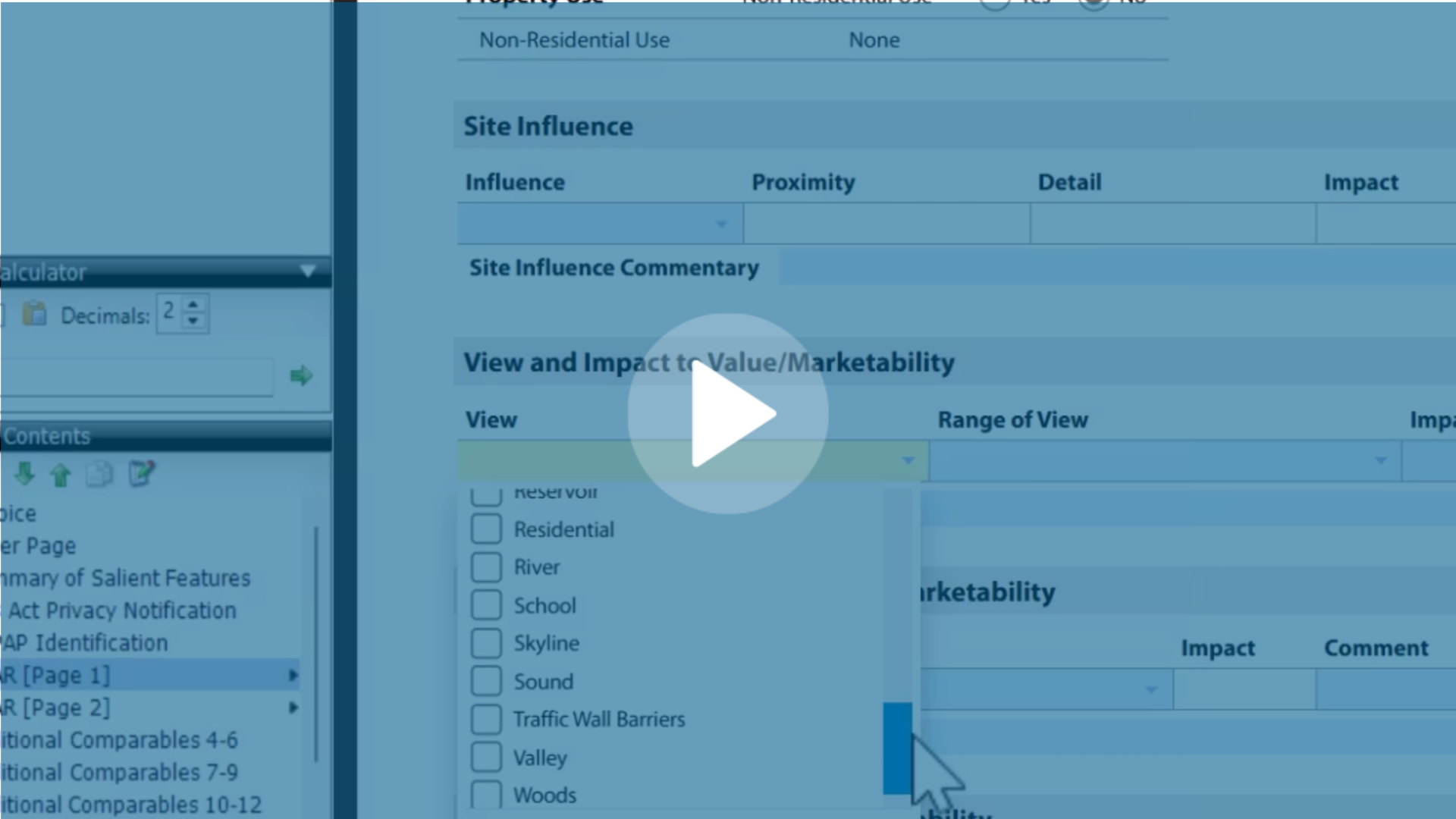
.jpg)
.png)
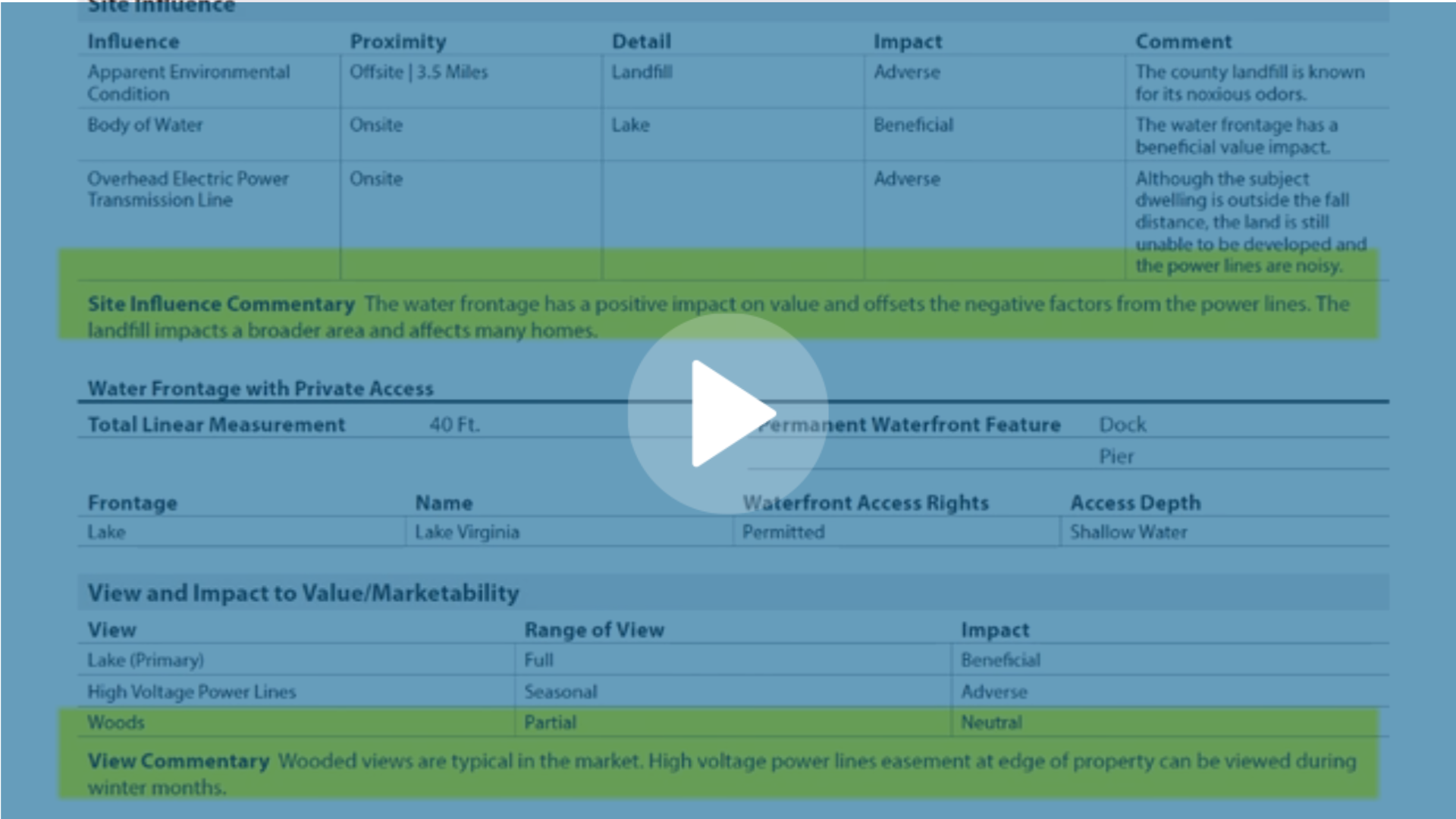
-1.png)









